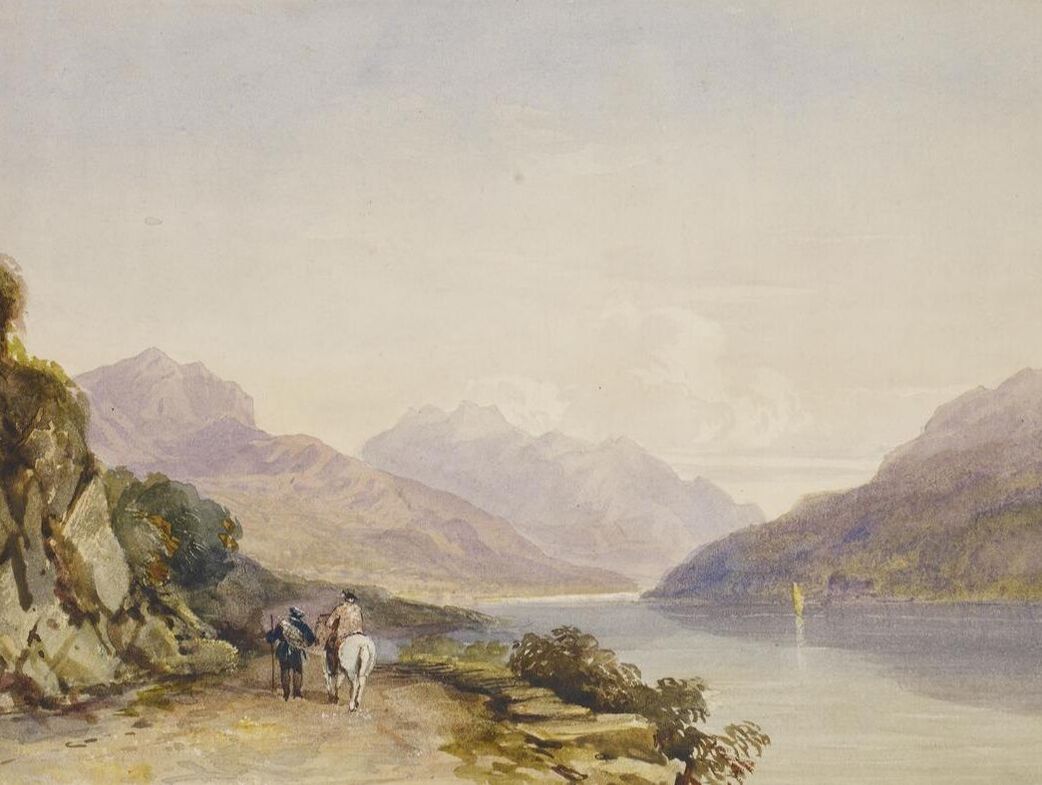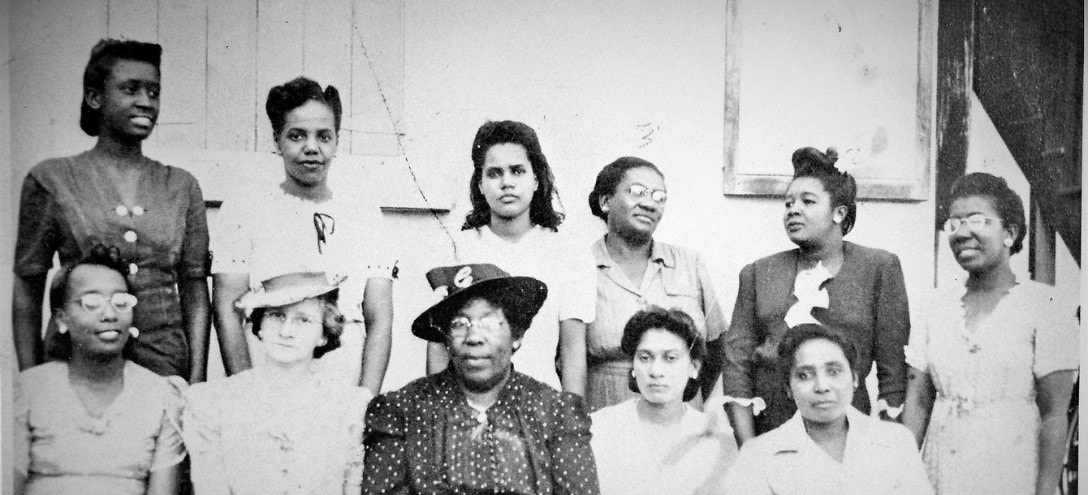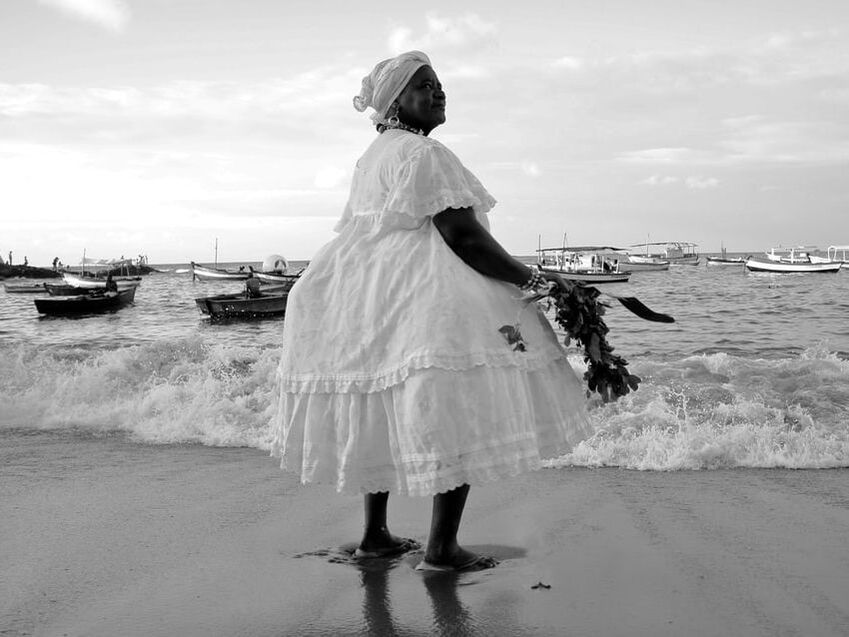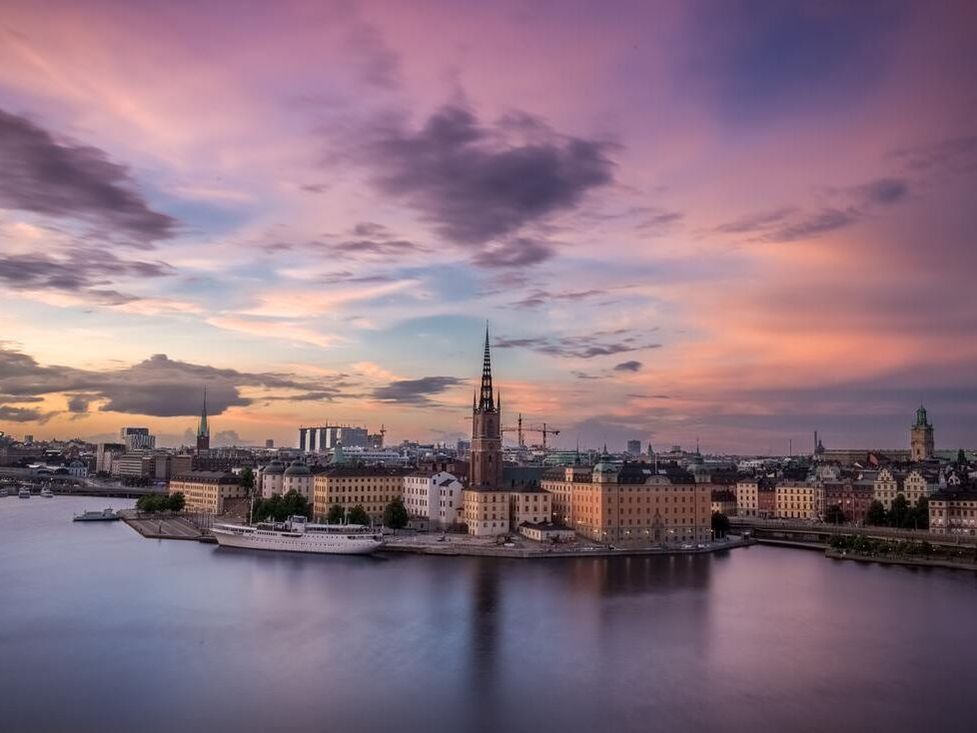|
|
|
Experiences of displacement and longing-for-a-home are very much rooted in the human condition. In this discussion I consider three books focusing on displaced people of distinct diasporas whose experiences, I believe, provide novel insights into not only what exile may mean but how it may, in different ways, condense time and space into symbols, meanings, and narrations of religious, political, or material significance. These include Thomas A. Tweed who approaches the experience of exile of Cubans in Miami by deciphering the material culture inherent in their pilgrimage site and meanings embedded in their rituals while mainly asking how diasporic religion and exile experience may be connected. Sara E. Lewis, meanwhile, explores the exile experience of Tibetan Buddhists in Dharamsala, India by looking into the local processes of resilience and recovery in the face of political violence while asking how human rights campaigns and foreign trauma discourse are situated within a form of life shaped by Buddhist ideals of downplaying personal suffering. Finally, Diana Allan analyzes the experience of exile of Palestinians in Shatila refugee camp in Lebanon, drawing our attention to the everyday material reality of their experience while raising the question of what it means for generations born in exile to aspire for a liberated land which they never left and how these refugees may resist against purely nationalist identities and ideals.
0 Comments
A broad and perhaps underappreciated feature of radical right populism is its simultaneous mobilization of cultural Christianity, on occasion combined with secularism, and women’s (and sometimes LGBT+) rights in a racializing, anti-immigration, and anti-Islamic discourse. Take for example the recent reaction in the USA of Republican Representative Marjorie Taylor Greene, who proclaimed on Twitter that ‘I am being attacked by the godless left because I said I’m a proud Christian Nationalist’ and added that she is even being called ‘a Nazi because I proudly love my country and my God’. By the same measure, in Italy, the League (La Lega) chairperson Matteo Salvini has previously maintained publicly his certainty that ‘Madonna will bring us the [political] victory’ and praised in religious conservative media the ‘traditional (heterosexual) family’.
After living in Miami, Florida, for several years, Mother Frances Butler returned to her home in Nassau, Bahamas and founded the Mother’s Club, which provided social welfare support to the Bahamian Black community. Along with similar groups, the organization offered a variety of social services where they fundraised as a part of hurricane recovery, aided the war effort and offered health and other social services for women and children. In 1937, Mother Butler changed the title of her organization to The Young Women’s Christian Association.
The building that formerly housed the Mother’s Club sits at the corner of Goal and East Street in the heart of Nassau. The building is in the Grants Town community and was originally established by the Bahamian government to house freed people and Liberated Africans in the early 1820s. This area is one of the communities located in what is known as the ‘Over the Hill’ neighbourhoods in Nassau. These neighbourhoods became a rich site of Black life during the 19th and 20th centuries, as Black people in the Bahamas encountered poverty and racial oppression. Mother Butler also founded other Black-led organizations, including the Young Men’s Christian Association and the Silver Bells.
Coloniality deserves special attention to contextualise Professor Hempton’s lecture on “Women’s Networks: Opportunities and Limitations”. First, the context that overlaps historical and political elements: the year 1888. The poster at the back of Professor Hempton as he delivered the talk informed that the Gifford Lecture series dates from 1888. In the same year, Brazil declared the Abolition of Slavery – the last country in the Americas to officialise such law that is not fully put into practice as many cases of forced labour and slavery remain current.
That reminded me of so many unofficial Black women’s collectives who organised as a quilombo, favelas communities, marginalised neighbourhoods (periferias) as they created ways to resist and refuse the places that the colonial-hegemonic society imposed on them. For example, the Herstories of Dandara and Luiza Mahin. Dandara refused to be enslaved and became a quilombo leader, a warrior, agriculture worker in the initial land rights, abolitionists, antiracist and feminist movements in Brazil during the late 1600s. Luiza Mahin was a Muslim, enslaved domestic worker, strategist of one of the most remarkable pro-abolitionist revolutions in Brasil – the Malês Revolt – organised by enslaved peoples. Her Islamic, Jêje-Nago and Yoruba backgrounds are the marks of intersecting systems of beliefs that to this day are erased in the narrative about Brazil’s national identity. Today, the world’s knowledge of Sweden is limited, and its image is often too unclear and out of date. So we need to unite around a clearer, unified image that better reflects contemporary Sweden – an image that is also distinct and relevant to the people we want to reach.
- Swedish Institute, 2009
Like handbags and toothpaste, countries are being branded. National identities and cultures are used to brand countries. For example, Malaysia is branded as ‘Malaysia, Truly Asia’, pointing to its multiculturalism. But identities are never static, and communities are diverse. So, which identities and whose cultures in the country are promoted, and which excluded?
The Swedish authorities are branding their country too, but they want the brand to be honest and inclusive, not fabricated and selective. Did they succeed? In our Identities article, ‘Representing Sweden: packaging Swedish identity through curators of Sweden’, we examine a recently concluded nation branding project, Curators of Sweden (CoS). The project used Twitter as a platform and each week a ‘Swedish’ person was chosen as a curator to tweet whatever they liked through the @Sweden account. The curators were chosen because they represented ‘values, skills, and ideas’ which, according to the campaign, ‘all combined, makes up Sweden’. CoS started on 10th December 2011, the Nobel Prize day, and ended in September 2018. A total of 356 curators tweeted more than 200,000 tweets. |
|
Explore Identities at tandfonline.com/GIDE |
|
The views and opinions expressed on The Identities Blog are solely those of the original blog post authors, and not of the journal, Taylor & Francis Group or the University of Glasgow.





